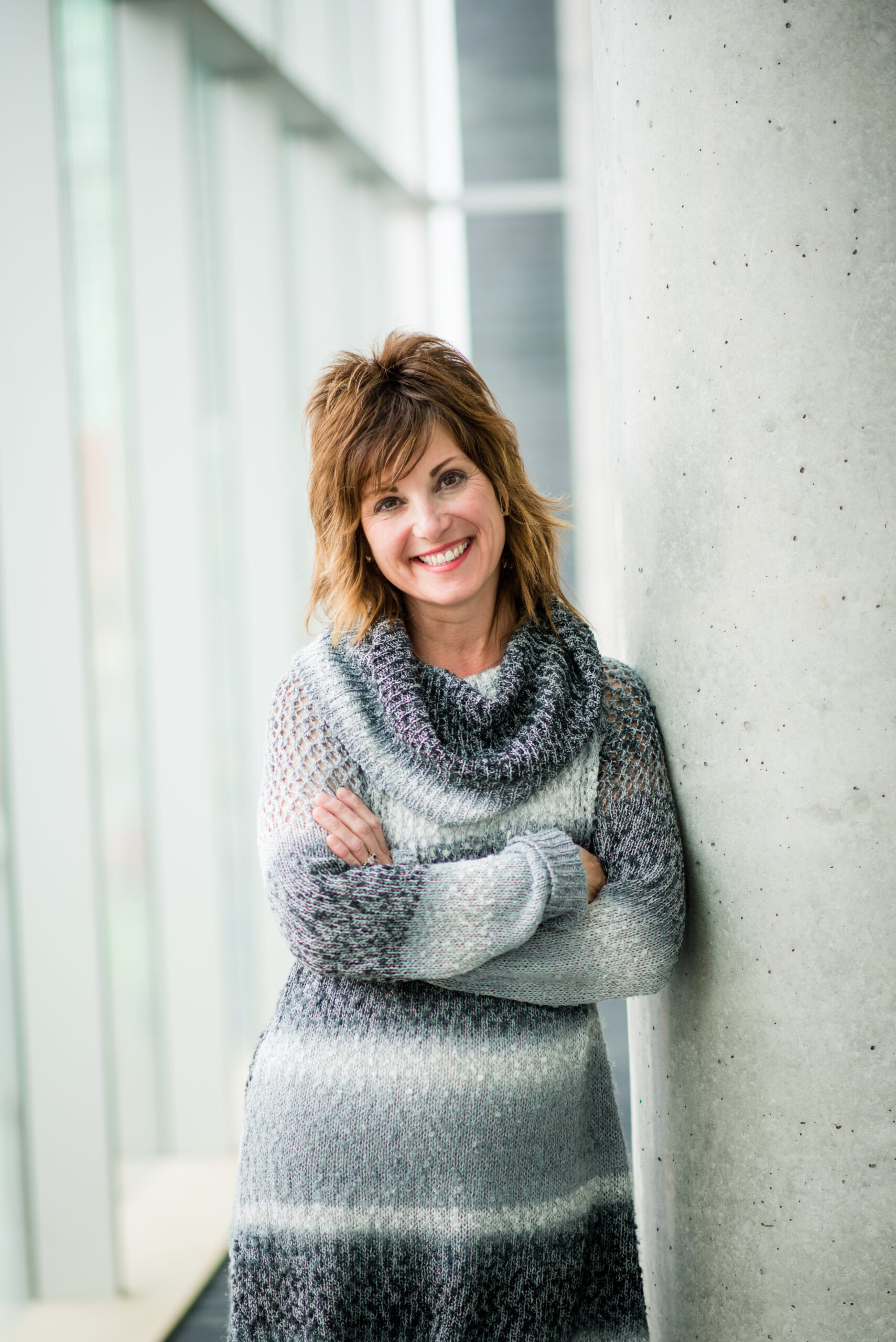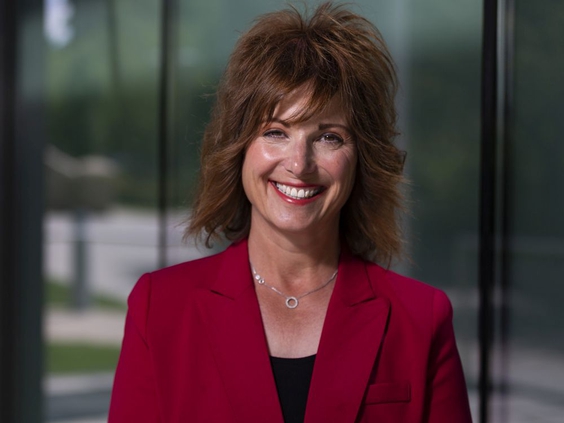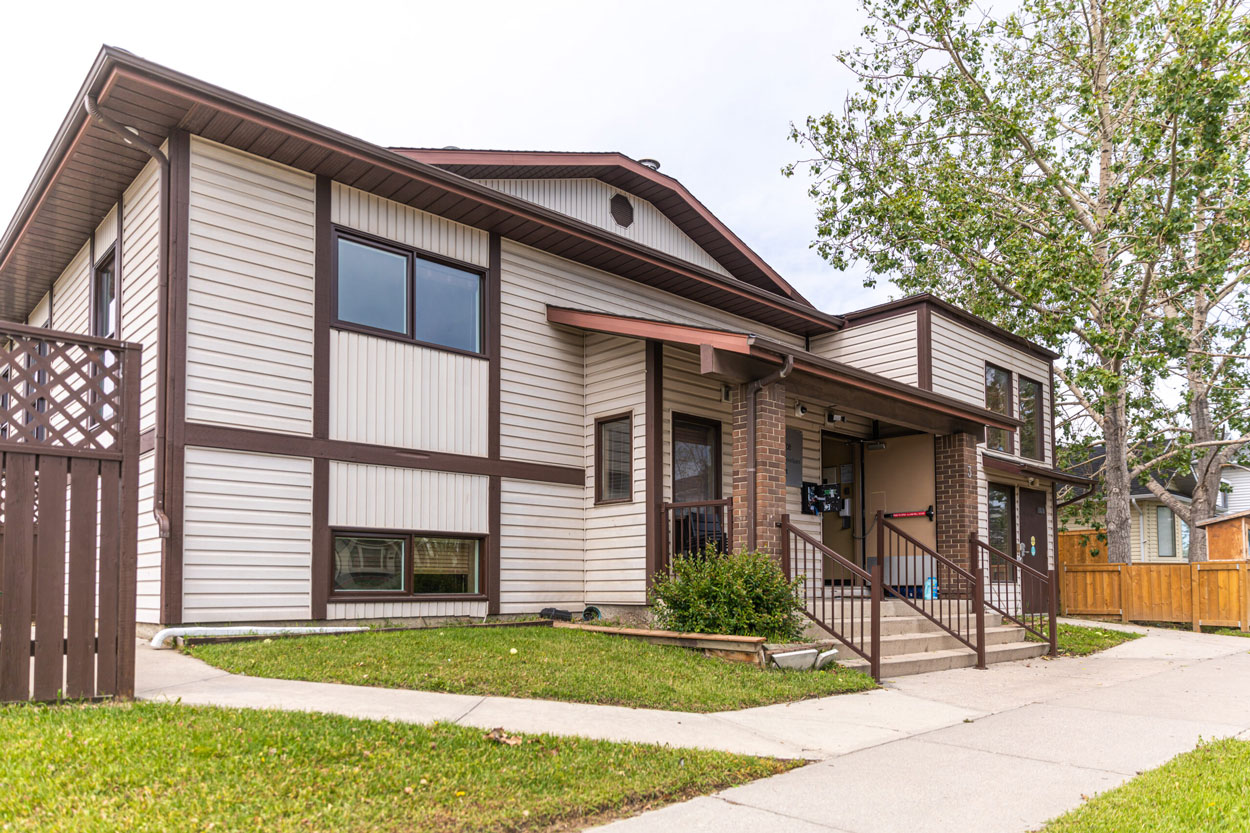March 18, 2020
Our monitoring of the COVID-19 situation is ongoing. We continue to follow and implement the recommendations of Alberta Health Services (AHS), the World Health Organization (WHO), and Federal, Provincial, and Municipal government guidelines towards taking appropriate precautions regarding our day-to-day work, planned public gatherings, and places where transmission may occur. The safety and well-being of staff, our community, and those we serve is always of utmost importance and continues to be at the forefront of our decision making as we continue to navigate these uncertain times.
CHF has been actively involved in working with the Government of Alberta, the City of Calgary, and AHS to ensure that those who are experiencing homelessness are best supported through these trying times. These working groups have been working around the clock to ensure that information is up-to-date and is specific to Calgary and our community’s needs.
CHF continues to work in partnership through open and transparent communication with the programs we fund. In addition to our recommendations, our funded programs have also implemented their own measured precautions that best leverage their internal capacity and available resources to protect front-line staff and those we serve.
To view statements on COVID-19 and the actions being taken by Calgary’s homeless-serving agencies, we invite you to visit the I Heart Home Facebook and twitter accounts. Statements from agencies in the sector will continue to be shared through those channels as they become available.
As we move forward and navigate these trying times together, we continue to encourage all of you to practice self-care, and to lead with compassion, kindness and care for others. Even working virtually, we all have the ability to be a pillar of strength and support for others in our community.
For more information, please refer to our Frequently Asked Questions, below:
Frequently Asked Questions:
What is CHF doing to address the possible spread and transmission of COVID-19?
CHF has modified our practices and the ways in which we convene community. Heeding the advice of public health authorities, we have determined that large meetings (over 15) that take place in person, such as Coordinated Access and Assessment (CAA), Training and Communities of Learning will be paused or shifted to a virtual process. The safety and well-being of staff, participants, the community and those who are experiencing homelessness is always at the forefront of our decision making.
We are also working closely with Government of Alberta Community and Social Services (CSS), AHS, the Calgary Emergency Management Agency (CEMA), and the City of Calgary and representatives of key agencies.
What is the sector doing to address the possible spread and transmission of COVID-19?
We have confidence that the agencies with Calgary’s Homeless-Serving System of Care (CHSSC) will continue to assess and implement appropriate and measured precautions against the possible transmission of COVID-19 within the homeless population. CHF respects that every organization will have their own protocols and procedures in place to address the current situation and how it may possibly affect their service delivery. We are continuing to work with every one of our partners as the situation continues to evolve.
Is CHF continuing to house those who are homeless?
Yes. At this time, we have implemented a virtual CAA process and all teams are continuing to participate. However, we are remaining agile as the situation evolves.
What about those people who are in shelters?
We are currently working closely with our shelter partners (Alpha House, Calgary Drop-In Center) to support them through this challenging and difficult time. They are continuing to house people as rapidly as possible and are working with community doctors to set up spaces for testing, and creating isolation spaces, if necessary. We have every confidence that they are taking appropriate measures and are following the recommendations of public health authorities.
What types of measures are your funded programs taking?
The agencies that we fund are concentrating on their existing sanitation measures and are focused on staff wellness and hygiene as per the guidance of public health officials. Many share our concerns about the well-being of clients in our buildings and programs, and have made a resounding commitment to continue to do what they can to ensure the delivery of services to vulnerable Calgarians.
How does the state of emergency declared today impact your work?
The state of emergency allows the Government of Alberta to make decisions more quickly. Our ministry (CSS) is meeting daily with the shelters and community-based organizations like CHF to identify issues and flag them to the Alberta Provincial Operations Centre (APOC). $60M of emergency funding was allocated today for immediate supports for the homeless population and women’s shelters to fund measures for social distancing, isolation and daytime supports for those who are experiencing homelessness.
What is the most pressing concern at this time?
Right now we’re looking at coordinating our efforts with the Province and the City to make sure that there is an appropriate and measured medical response that allows us to isolate, respond and treat people accordingly, and ensure that front-line staff and their work environments are safe.
Is the (city/province) looking at the possibility of isolation centres?
Right now, we are all doing our best to make sure that those who are experiencing homelessness have access to safe and secure housing and shelter. We are in discussions with the Province and the City discussing all possible options, and we are hoping to learn more in the coming days and hours.
March 13, 2020
Like many of you, Calgary Homeless Foundation (CHF) has been closely monitoring the evolving COVID-19 (novel coronavirus) situation, specifically the rise in cases throughout Alberta and around the globe. The safety and well-being of staff, our community, and those we serve is at the forefront of our decision making. We have continued to follow and implement the recommendations of Alberta Health Services (AHS), the World Health Organization (WHO), and Federal, Provincial, and Municipal government guidelines towards taking appropriate precautions regarding our day-to-day work, planned public gatherings, and places where transmission may occur. We continue to monitor the wellbeing of our staff to ensure they and their families are protected from the spread of the virus.
We have confidence that the agencies within Calgary’s Homeless-Serving System of Care (CHSSC) will continue to assess and implement appropriate and measured precautions against the possible transmission of COVID-19 within the homeless population in order to protect them, and the front-line workers within our city.
As circumstances unfold, CHF will continue to adapt and adjust in close alignment with public health authorities and implement measures to ensure we maintain our support for the homeless-serving system of care and those we serve – while focusing on preventing the transmission of COVID-19.
In accordance with the recommendation of public health authorities, we have determined that effective immediately, all large group meetings, trainings, and CHF hosted events which have more than 25 people present will be evaluated to determine whether they will either be postponed, cancelled, or held in a virtual capacity. Smaller group and one-on-one meetings will continue to be assessed on an ongoing basis. Updates regarding specific follow up plans for community events, meetings and trainings will be forthcoming.
We ask that you join us in following the recommendations and guidance from public health and government officials at the following links:
Alberta Health Services: https://www.alberta.ca/coronavirus-info-for-albertans.aspx#toc-2
Government of Canada: https://www.canada.ca/en/public-health/services/diseases/2019-novel-coronavirus-infection.html
Alberta Health Services – Online Covid-19 Self Assessment: https://myhealth.alberta.ca/Journey/COVID-19/Pages/COVID-Self-Assessment.aspx
If you are exhibiting symptoms of COVID-19 (cough, fever, fatigue and shortness of breath), self-quarantine for the recommended period of time (14 days) and contact 8-1-1 for assessment.
Thank you to all of the service providers throughout the city who are providing exceptional care for our most vulnerable citizens. Your tireless efforts do not go unnoticed.
During these challenging times, we encourage all to prioritize your well-being and to lead with kindness and care for each other, as your community members are also working through these trying times beside you.
*Please note, this page will continue to be updated with relevant information. Check back regularly for updates.

 Calgary Homeless Foundation’s (CHF) Board of Directors is pleased to announce the appointment of Patricia Jones as CHF’s new President and Chief Executive Officer, effective August 10, 2020. Following a Canada-wide recruitment process led by Leaders International Executive Search, Patricia was identified as the ideal visionary leader to propel CHF’s mission forward during this pivotal time.
Calgary Homeless Foundation’s (CHF) Board of Directors is pleased to announce the appointment of Patricia Jones as CHF’s new President and Chief Executive Officer, effective August 10, 2020. Following a Canada-wide recruitment process led by Leaders International Executive Search, Patricia was identified as the ideal visionary leader to propel CHF’s mission forward during this pivotal time.








